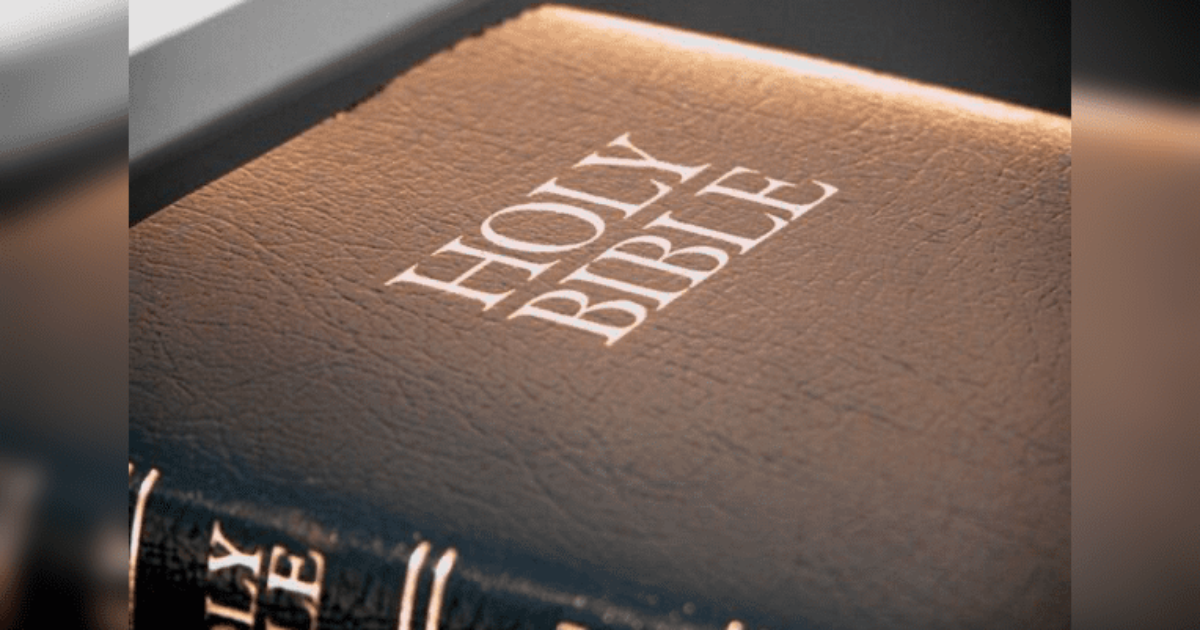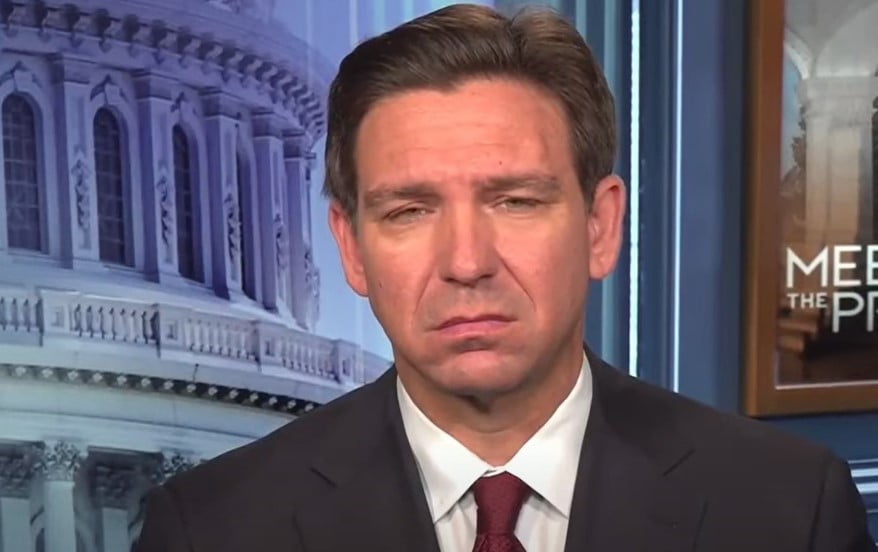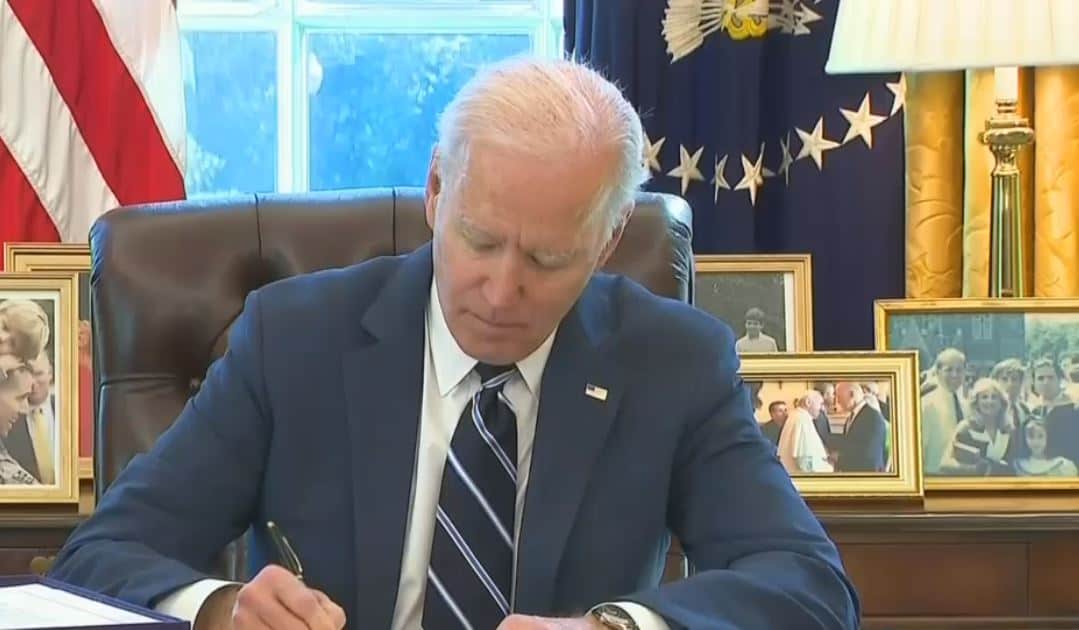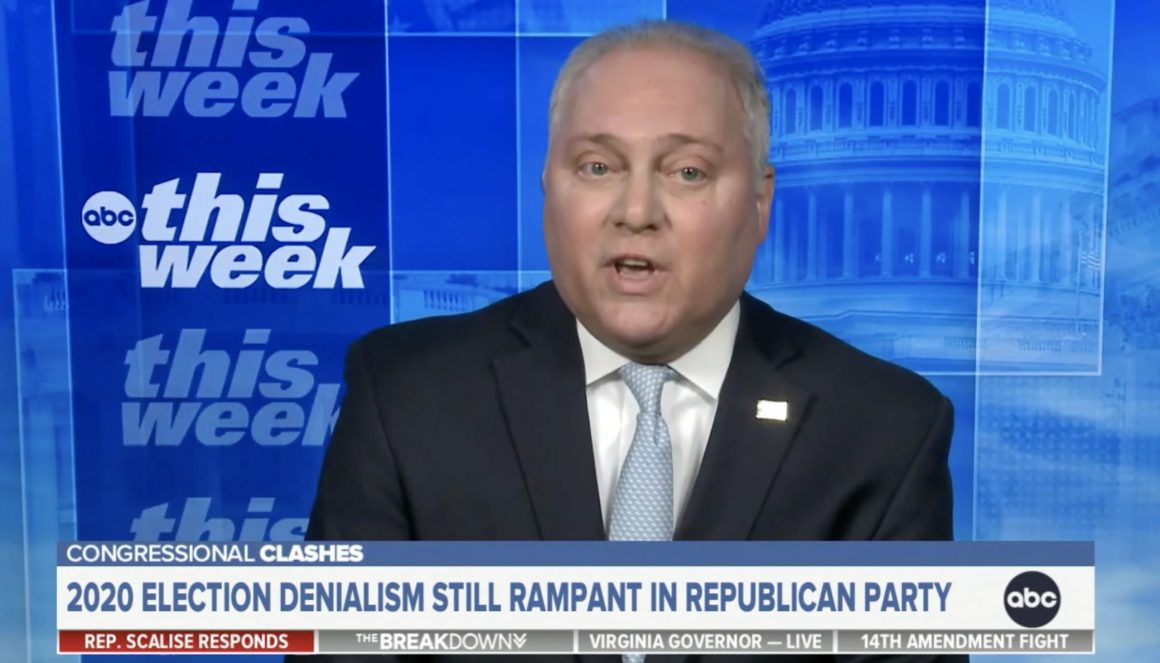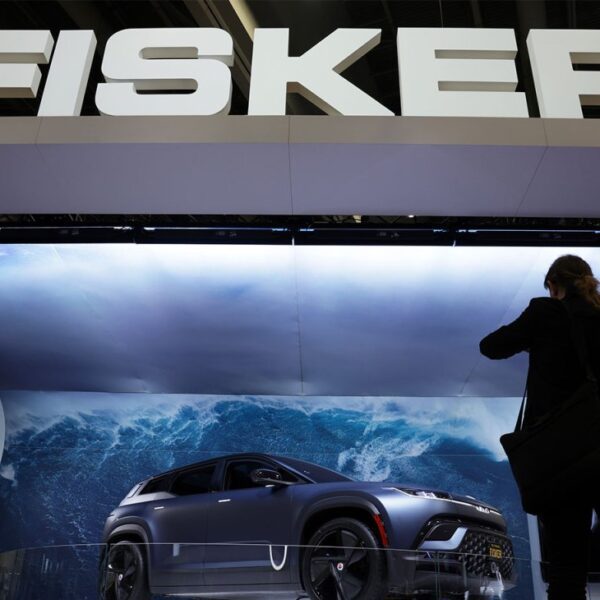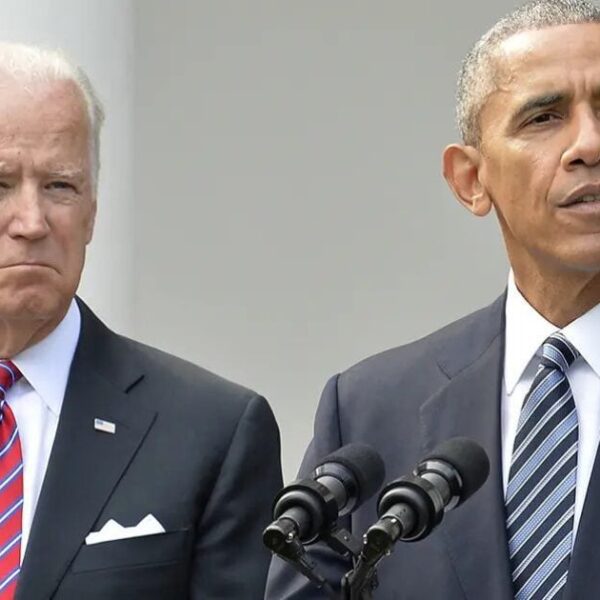
This article originally appeared on WND.com
Guest by post by Bob Unruh
Official claimed petitions to God were ‘harassment’
Members of the city council in Carlsbad, California, have been scolded for insisting that a chaplain who has prayed “in
Jesus’ name” is guilty of harassment.
It is First Liberty Institute that has sent a letter to the council members urging them to revoke an order from their city manager that “forbids police chaplain JC Cooper and fire chaplain Denny Cooper from concluding prayers at some events ‘in Jesus’ name.’”
“The city council should follow the Supreme Court’s clear statements with respect to prayers such as the chaplains’ and allow them to pray according to their sincere religious beliefs,” explained Kayla Toney, counsel for First Liberty.
The institute explained that JC Cooper is a local pastor who has faithfully served as a volunteer chaplain for the Carlsbad police agency for six years. His father, Denny Cooper, has served as the volunteer chaplain for the fire department for 18 years.
Both provide support, encouragement, and prayer to first responders as they face traumatic situations, the institute said.
“When asked by the police chief to give the invocation at the Carlsbad Police Department Awards Ceremony, JC concluded his prayer, consistent with his long-held beliefs, ‘in Jesus’ name.’ He was later told by the city manager that unless he removed ‘in Jesus’ name’ from his invocation, he would be subject to discipline. He was then told that he could refer to any other name for God, just not ‘Jesus,’” the institute said.
The letter recommending a course correction for the city noted, “The city manager misunderstands the law concerning public chaplains and invocations, and we urge the city council to revisit the decision to censor the chaplains’ prayers. The First Amendment’s Establishment Clause does not require government ‘to purge from the public sphere anything an objective observer could reasonably infer endorses or partakes of the religious.’”
The letter explains in the Kennedy v. Bremerton decision, the Supreme Court overruled the long-criticized ‘endorsement’ test established in the now-defunct Lemon decision, instead providing, “the Establishment Clause must be interpreted by reference to historical practices and understandings.”
The letter to the city explains it is city manager Scott Chadwick who “claimed that invoking ‘Jesus’ was considered harassment, created aa hostile work environment, and lifted one religion above another.”
The legal team explained, “Dating back to the Continental Congress in 1776, the United States has a robust and widely recognized tradition of both public prayer and chaplain programs. The court has explicitly held that governmental bodies may begin their meetings or other events with a prayer or invocation. … While such prayers or invocations may not proselytize or disparage other faiths, chaplains do not have to scrub their prayers of language identifiable to their faith.
“Government should not censor prayers in an attempt to make them ‘generic’ or ‘nonsectarian.’ … Indeed, in an increasingly diverse and pluralistic environment, it would be ‘daunting, if not impossible,’ to write an invocation that would be ‘inclusive beyond dispute,’ nor does the Constitution require anything of the sort—and ‘some may feel that they cannot in good faith deliver such a vague prayer.’”
Copyright 2024 WND News Center

